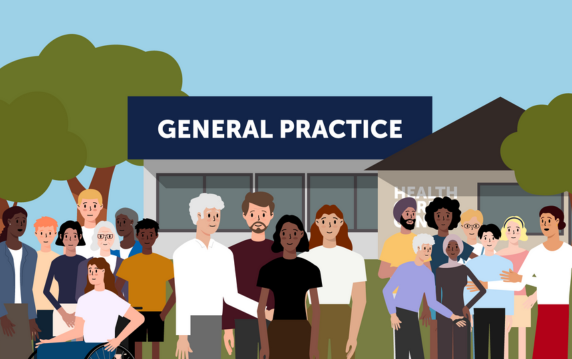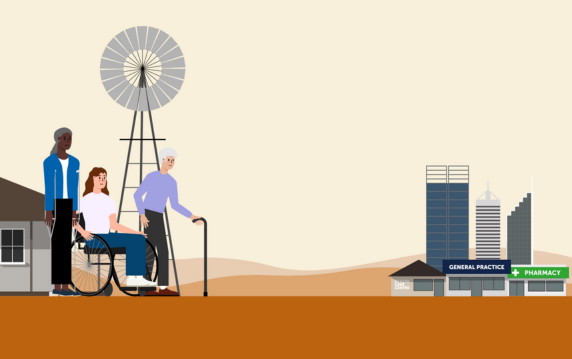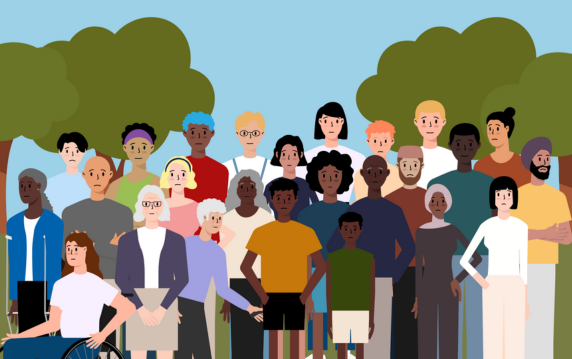We recognise some people and communities don’t have the same access to quality health care. As the operator of Western Australia’s three Primary Health Networks, we have a responsibility to improve access to affordable, quality health care for people and communities most at risk of poor health outcomes.

In Western Australia, some groups are at greater risk of poorer health outcomes including:
- Aboriginal people.
- People from multicultural communities.
- LGBTIQA+ people.
- People experiencing socioeconomic disadvantage.
- Those with limited access to health care.
In Western Australia...
4.4%
of the population identifies as Aboriginal and/or Torres Strait Islander.
17.2%
of the population are part of multicultural communities.
3.9%
of the population identify as LGBTIQA+.
14.7%
of the population experience socio-economic disadvantage.
16.6%
of the population lives in a rural and remote area.
While not every person in every group has the same experience, some groups are more likely to experience inequities in health and wellbeing associated with social determinants of health. This includes things like lack of local health services where they live, stigma, discrimination and unequal access to resources.

Evidence shows that these people tend to:
- Seek treatment later in the course of an illness.
- Present to hospital EDs more frequently.
- Face challenges in accessing preventative health care.
- Have poor health literacy.
Our under-served communities often face challenges accessing health care, which can be made more difficult when they are impacted by multiple social determinants of health. The needs of each group are diverse and there is no one size fits all approach to improving health equity. Mapping and understanding these under-served communities and the barriers they face is crucial.
Health equity guides what we do, from strategic planning and capacity building to guiding and directing investment in primary health care services.
As a commissioner of primary health care services, achieving health equity means more than just funding health services. It’s about ensuring the services we commission reach the right people and are delivered in a way that meets their needs.
Find out more
Health priorities Cultural Competency Frameworks Health planning

